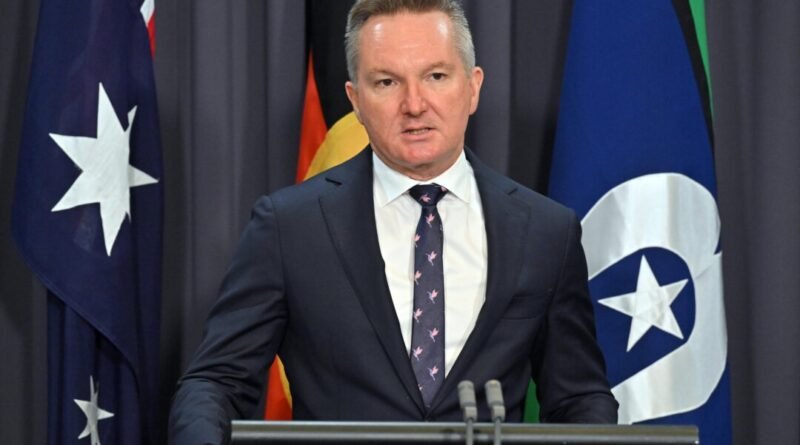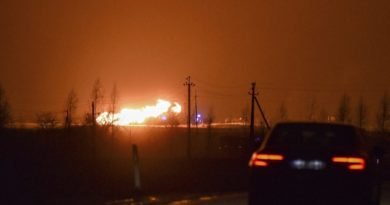Chris Bowen, the Energy Minister, claims that Peter Dutton’s nuclear proposal is costlier than renewable energy sources.
Energy Minister Chris Bowen emphasizes that it’s the speed and effectiveness of renewables that has led the Coalition to propose an alternative.
Australia’s Minister for Energy and Climate Change Chris Bowen has expressed disapproval of the Coalition’s nuclear plan for the nation, stating that it is a response to Labor’s successful approach to renewables rather than an innovative policy.
He noted that renewable generation had increased by 25 percent since Labor took office.
According to the minister, the first auction of the Capacity Investment Scheme—a national framework to stimulate new investments in wind, solar, and batteries—received over 40GW of project registrations, supporting 6GW of new power.
He highlighted that South Australia is at times entirely powered by solar.
Mr. Bowen also presented the case of Tasmania, which reached its 100 percent renewables target in 2020, two years ahead of schedule.
The city of Launceston in Tasmania was the first to be powered by hydropower in 1985.
The state now aims to double its renewables generation, primarily through wind and hydroelectric power, to reach 200 percent by 2040.
When Mr. Dutton unveiled his plans to introduce nuclear energy in Australia, he did not propose a nuclear reactor site in Tasmania.
Mr. Bowen asserts that it’s the successful implementation of renewables programs that has made the Coalition uneasy.
“Amid challenging international circumstances, these measures are working to stabilize and ultimately lower prices,” stated Mr. Bowen.
“The Australian Energy Market Operator, responsible for managing our electricity grid, has noted that ‘we are increasingly witnessing renewable energy records being set, which is beneficial for Australian consumers as it helps drive prices down.’”
According to Mr. Bowen, under Labor’s leadership, wholesale power prices decreased from $375 to $76 per megawatt hour.
Nuclear Would Lower Power Bills: Dutton
This announcement follows Mr. Dutton’s revelation that his government plans to install seven nuclear reactors across Australia if they win the next election.
The proposed locations include two sites each in Tarong and Callide in Queensland, Liddell and Mount Piper in New South Wales, Port Augusta in South Australia, La Trobe Valley in Victoria, and Collie in Western Australia.
Mr. Dutton stated on Friday that nuclear energy would reduce electricity bills.
“Australian households currently face some of the highest power bills globally,” he mentioned.
“We intend to introduce emissions-free nuclear energy in Australia, a solution proven to lower electricity costs and emissions worldwide.”
Mr. Dutton believes that nuclear power would lower electricity bills enough to revitalize the nation’s manufacturing sector, create jobs, and achieve climate targets.
John Grimes, Chief of the Smart Energy Council, has estimated that the Coalition’s plan could cost taxpayers between $116 billion and $600 billion, while only fulfilling 3.7 percent of the nation’s power needs at a cost comparable to the current renewables plan.
In a study last year, the Commonwealth Scientific and Industrial Research Organisation (CSIRO) released the GenCost report comparing the costs of nuclear and renewables.
Based on South Korea’s nuclear program, the report concluded that nuclear energy would be more expensive than renewables and take longer to develop.
Australia is among the few countries that have prohibited nuclear power. The ban was introduced by the Greens in 1998 and passed the Senate with minimal debate.
Among the top 20 wealthiest nations globally, only Saudi Arabia, Italy, and Australia do not currently utilize nuclear power.
Saudi Arabia is constructing a nuclear power plant, while Italy sources a significant portion of its power from France, where 60 percent of electricity is generated from nuclear sources.






